I have good news for you, and I want you to drill it into your very soul. I want you to take it with you all through the coming week and beyond. I want you to share it with every person who is important to you, no, even to every person God puts in your path. That news is this: God is in charge.
And thank God for that! Look at the mess our governments, Church, and communities are in. Scandals, mismanagement, all of those can cause us to lose confidence that anything is the way it’s supposed to be. But, thankfully, God is in charge, and nothing can go so wrong that God can’t fix it. We see that in the readings today. In our first reading, the prophet Jeremiah finds himself being vexed by those who would rather not hear his message. They seek to tempt and denounce him, hoping that will cause him to fall and do something they can use against him. But it doesn’t work. He turns to the Lord, the Lord hears his cry and delivers him from their hands. And this causes him to sing God’s praise:
Sing to the LORD,
praise the LORD,
for he has rescued the life of the poor
from the power of the wicked!
In the second reading, Paul recounts the fall of humanity through the sin of Adam. Through that sin, death entered the world and sin and death reigned, until Jesus smashed their power through his own death and resurrection. Saint Paul emphasizes that the Paschal mystery has turned everything upside-down, in a good way:
For if by the transgression of the one the many died,
how much more did the grace of God
and the gracious gift of the one man Jesus Christ
overflow for the many.
Finally, in our Gospel reading, Jesus himself speaks directly to our hearts. Even though we may be going through hell, even when it seems like everyone is working against us, we are to “Fear no one.” Why? Because God knows us completely: he has gone so far as to number the hairs on our head, so nothing of value in us can ultimately be destroyed. And so we should not be afraid of “those who kill the body but cannot kill the soul.”
So I want you to take three things with you into the week ahead. The first is do not be afraid. Jesus says this three times in the Gospel reading today, so with that much repetition, we really ought to take notice. Sin and death are ultimately powerless over us, so we should not be afraid. Instead, we ought to go forth and follow our calling, live our vocation, and seek to maintain a holy way of life. That will ensure that we remain on the path to the reward in store for us.
Second, remember that God is in charge. Not anyone else, not us, not our friends or enemies, not sin or death, not any passing thing or human entity. Ultimately, it is only God who is in charge, and because of that, we have to know that everything will eventually work for our good and the good of all. Evil can’t have the day because it’s already been defeated by the death and resurrection of Our Lord. God is always in charge.
Finally, perhaps most importantly, remember that you are loved. God is love and because of that, God cannot not love. He loves you more than you can possibly imagine. He loves you despite your failings, calling you to a better life. He loves you even when everyone else seems to be turning away. He loves you on your good days and on your bad days. His love is the constant in all of our lives, and the one thing that, even if everything else fails, should get us out of bed in the morning.
So do not be afraid. You are worth more than many sparrows. God loves you more than anything, and he is absolutely in charge of everything.
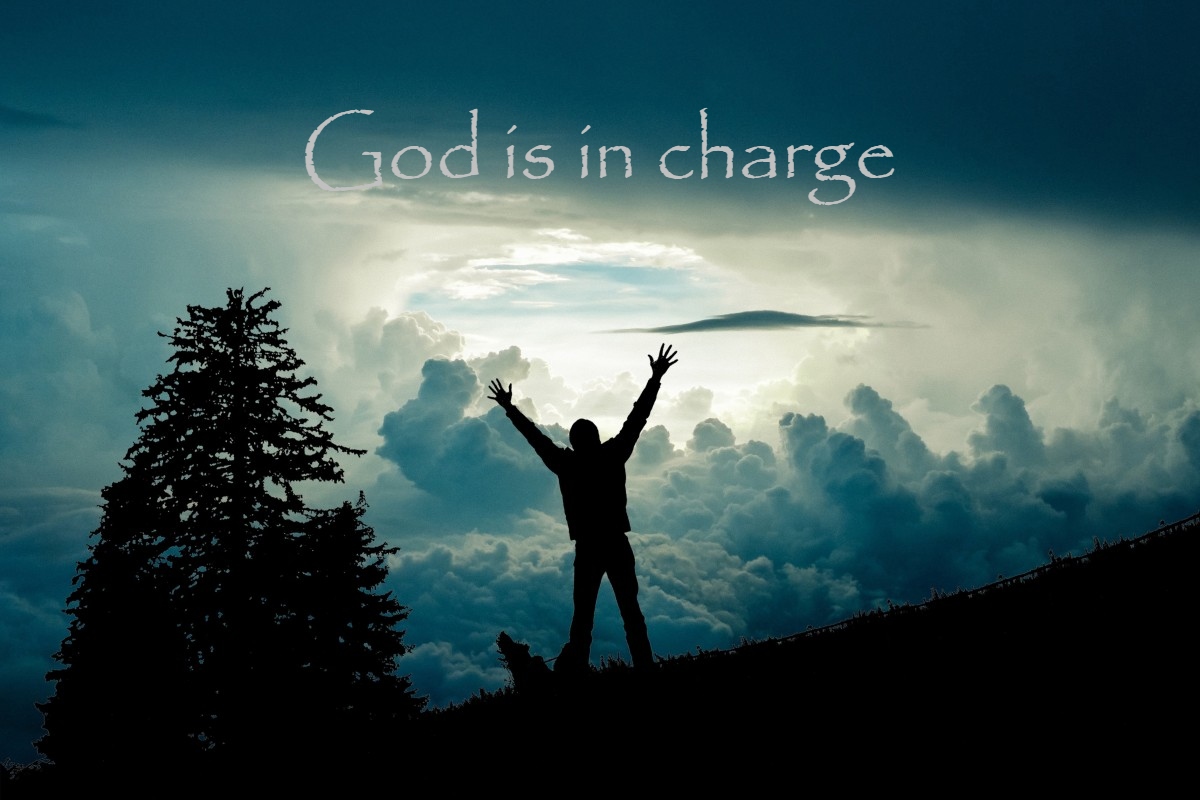




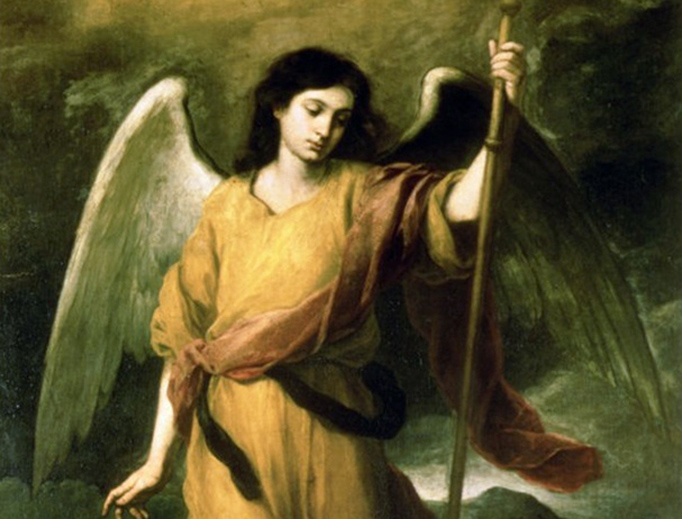
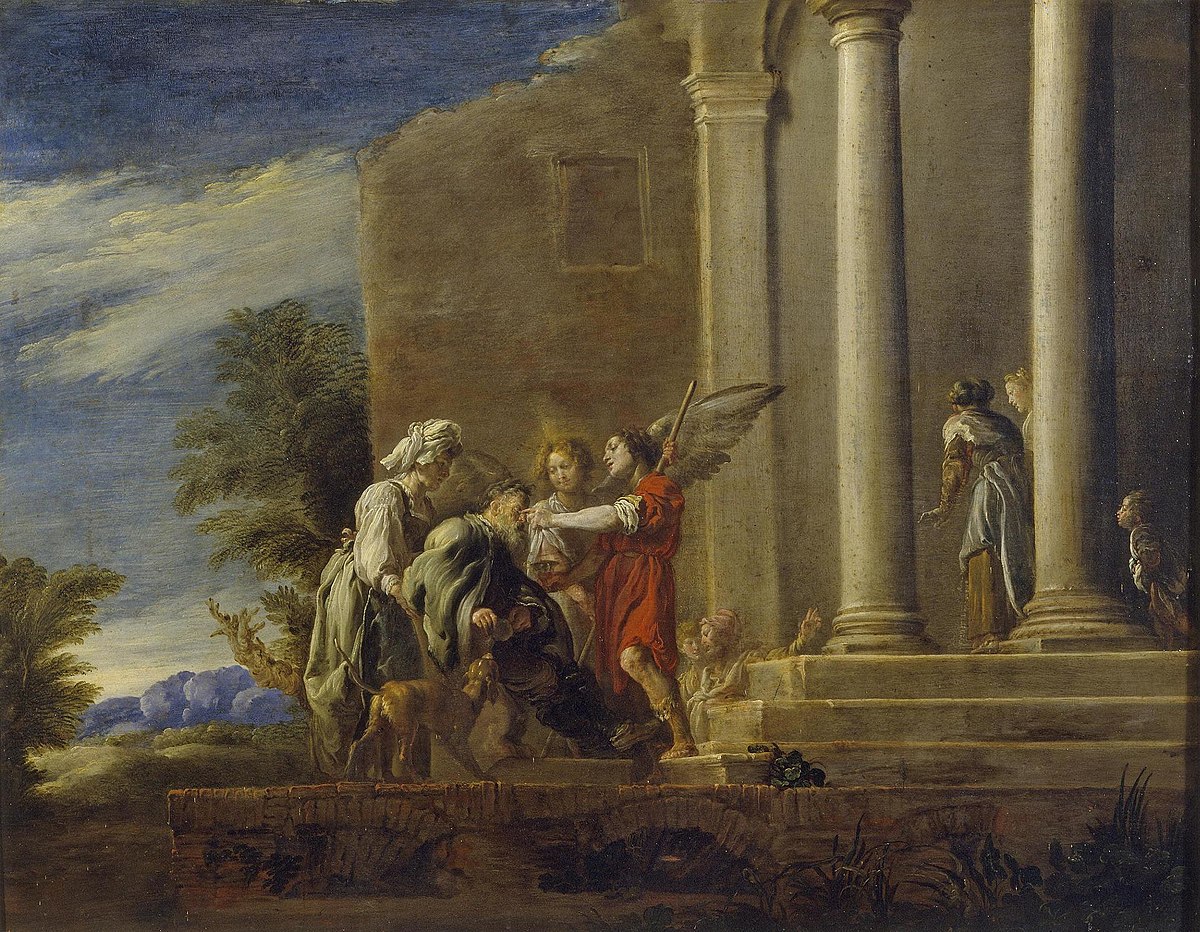
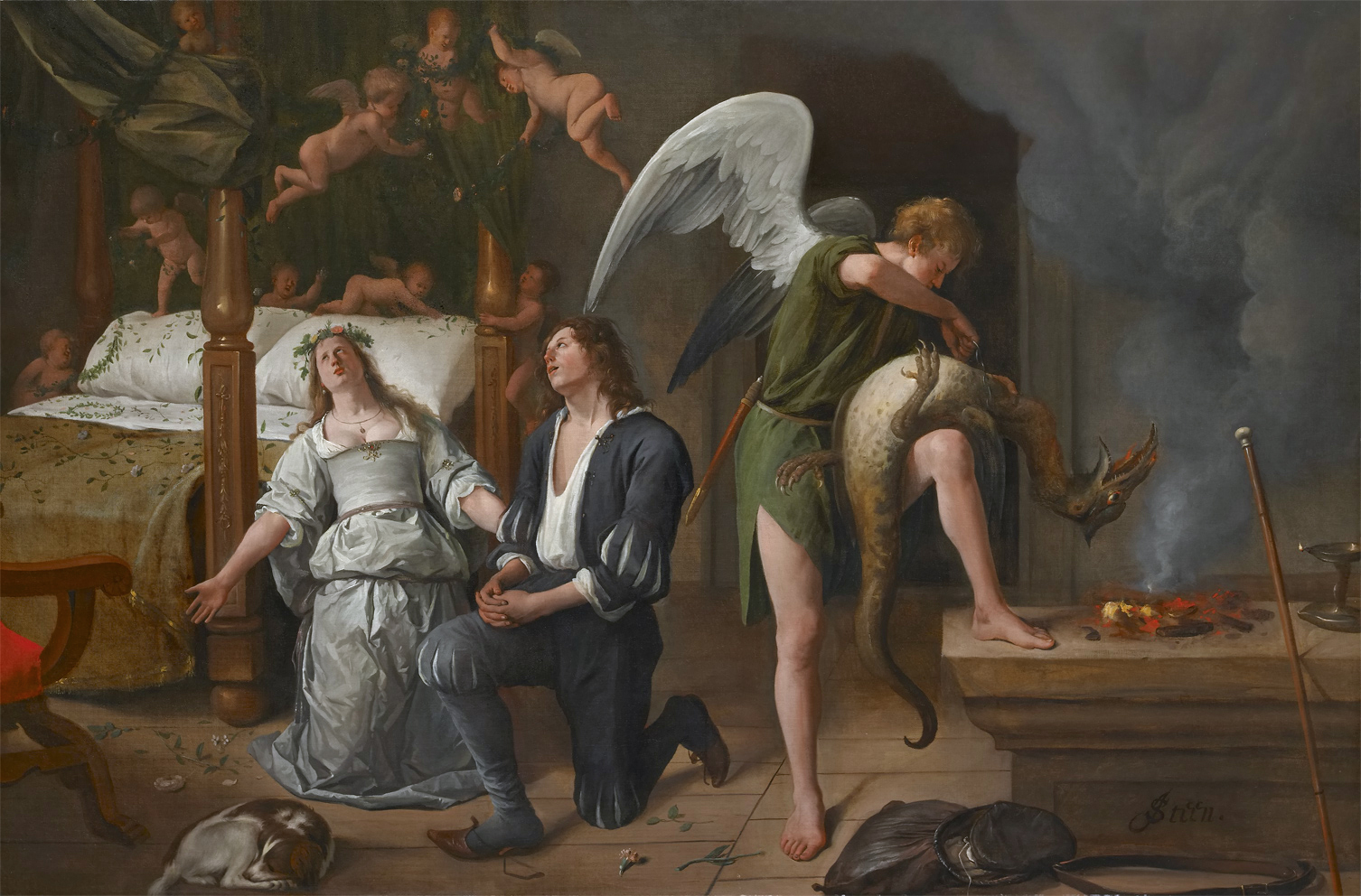
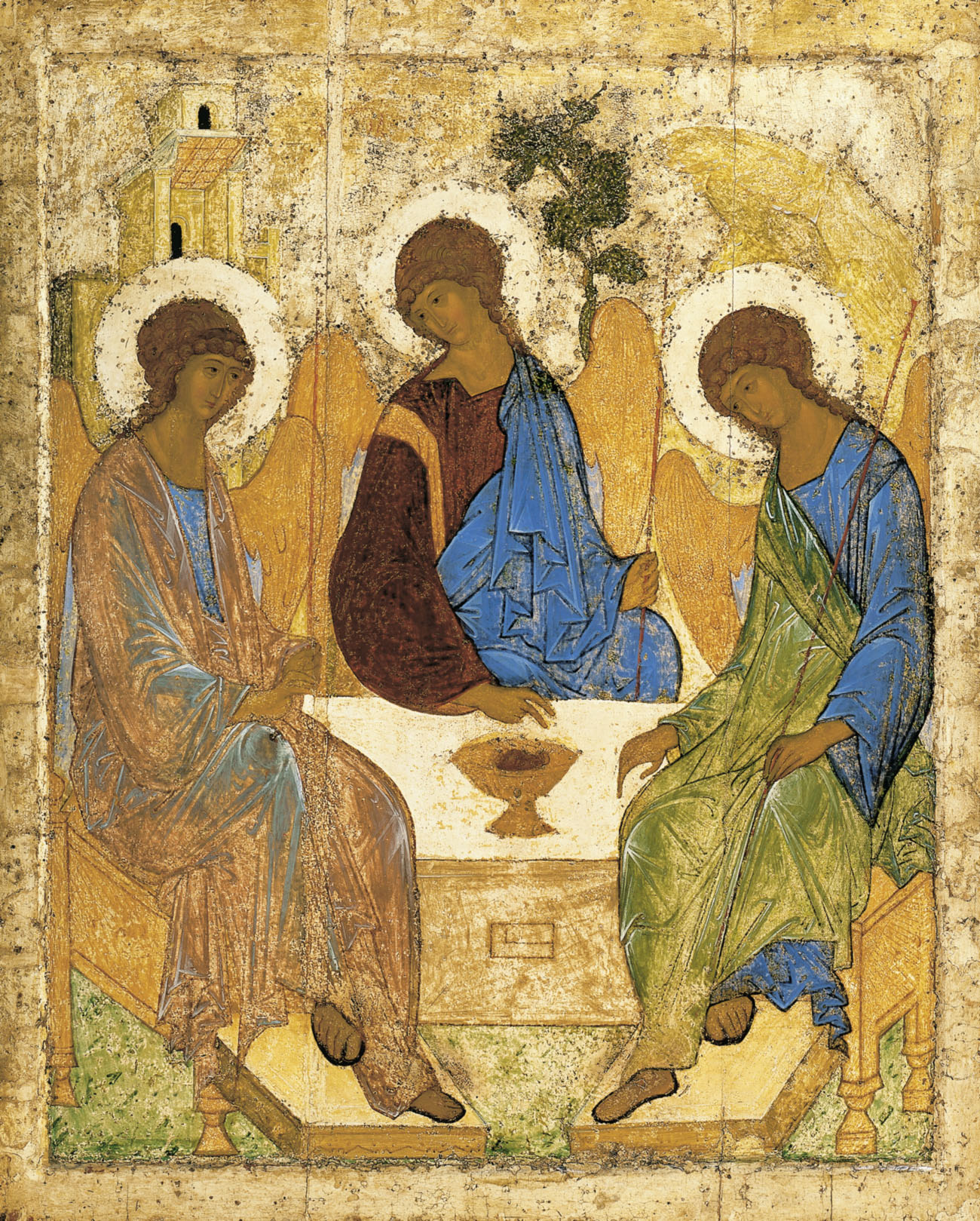

You must be logged in to post a comment.